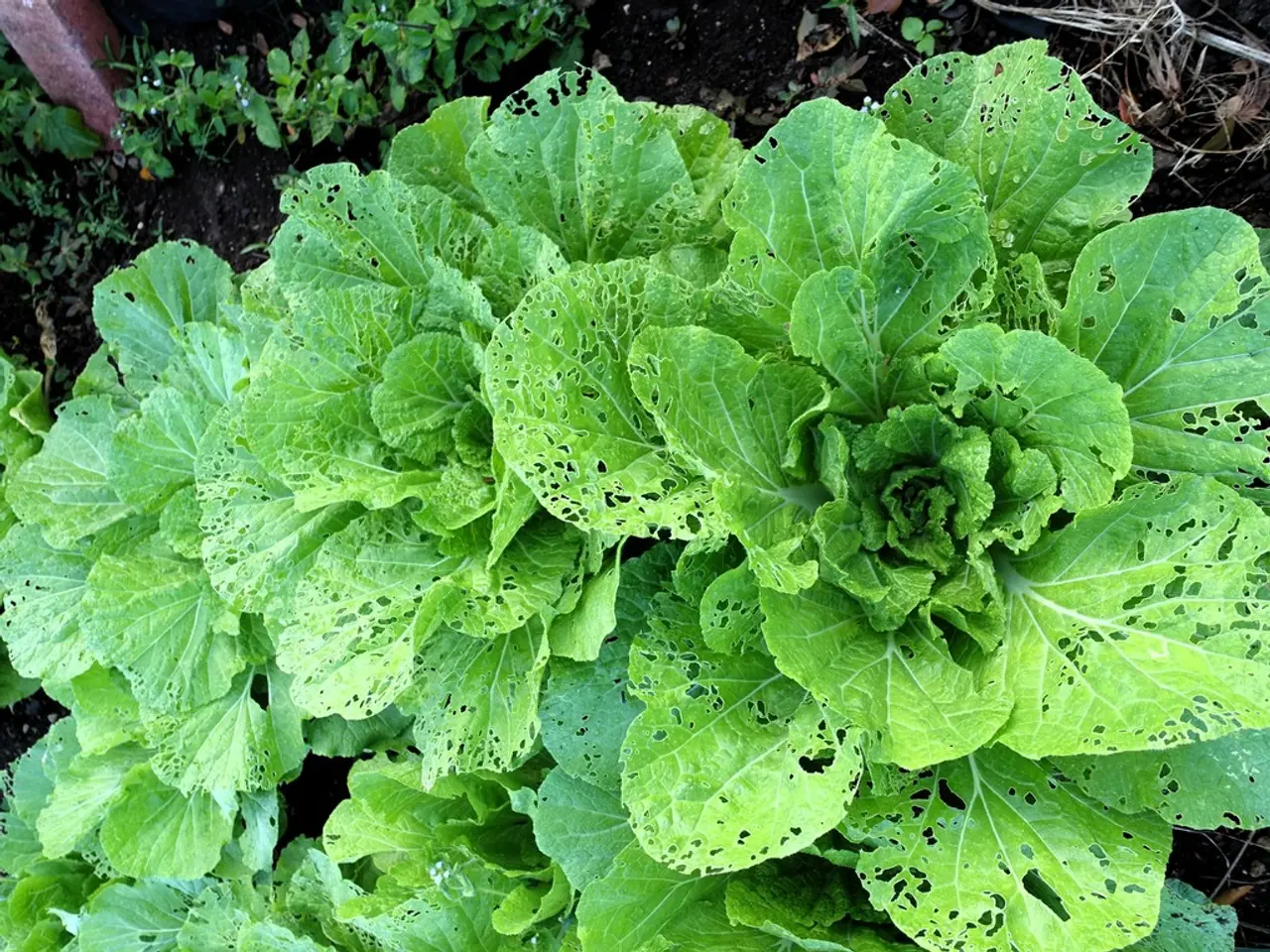Organic hair care gets a boost with hydrolyzed wheat protein: discover its benefits
Sustainable Hydrolyzed Wheat Protein in Premium Beauty Products
In the competitive beauty market, brands are prioritizing ethical sourcing of natural ingredients to stand out. One such ingredient that is gaining popularity is hydrolyzed wheat protein, also known as phytokeratine.
This protein, rich in amino acids, is a staple in the ingredients lists of many organic beauty brands. Sustainable sourcing practices for hydrolyzed wheat protein in premium hair and skin care products focus on ensuring environmentally responsible, ethical, and transparent procurement of wheat raw materials with a strong emphasis on clean, natural ingredients.
Brands are favouring hydrolyzed wheat protein as a natural alternative to synthetic or chemical additives, aligning with consumer demand for clean label and natural cosmetics. Sourcing wheat from farms employing sustainable agricultural practices such as reduced pesticide use, soil health conservation, and water-efficient farming helps minimize environmental impact and ensures long-term raw material availability.
Transparency in supply chains is also crucial. Brands prioritize traceability and responsible supply chain management to verify the origin of wheat protein and ensure ethical labor practices, which is particularly important in premium product segments.
Minimal processing and eco-friendly extraction methods are also key. Using hydrolysis methods that reduce chemical usage and energy consumption enhances the sustainability profile of hydrolyzed wheat protein.
Innovation in protein sourcing is another area of focus. Some producers collaborate with sustainable agriculture and biotechnology companies to improve the environmental footprint of wheat protein production through improved crop yields and resource optimization.
Hydrolyzed wheat protein has been used in beauty and personal care for several years. It is safe for gluten-sensitized individuals, according to the Cosmetic Ingredient Review (CIR) Expert Panel. In hair care, these proteins swell the hair shaft to lock in moisture and volumize, while in skin care, they help retain moisture in the epidermis.
Brands that want to capitalize on the hydrolyzed wheat protein trend need to emphasize that they've sourced their wheat in a sustainable manner. Provital, a leading producer, ensures beauty brands they can make products that care for both the hair and the environment by using ethically sourced wheat.
As consumers become more mindful of preserving the environment and practice purposeful and ethical purchasing behavior, sustainable sourcing should be a priority for brands that market 'natural' or 'organic' products.
- In the realm of health-and-wellness, consumers are increasingly seeking sustainable choices for their skin-care routine, and many natural beauty brands are incorporating hydrolyzed wheat protein, a protein rich in amino acids, into their product lines.
- Nutrition Considerations extend beyond food, as more and more home-and-garden enthusiasts adopt sustainable living practices involving wheat farming, such as reduced pesticide use, soil health conservation, and water-efficient farming, to minimize environmental impact and ensure long-term raw material availability.
- In a lifestyle that champions transparency and ethical practices, premium beauty brands are taking steps not only to source hydrolyzed wheat protein responsibly but also to verify its origin through traceability and responsible supply chain management, ensuring both ethical labor practices and environmental friendliness.




